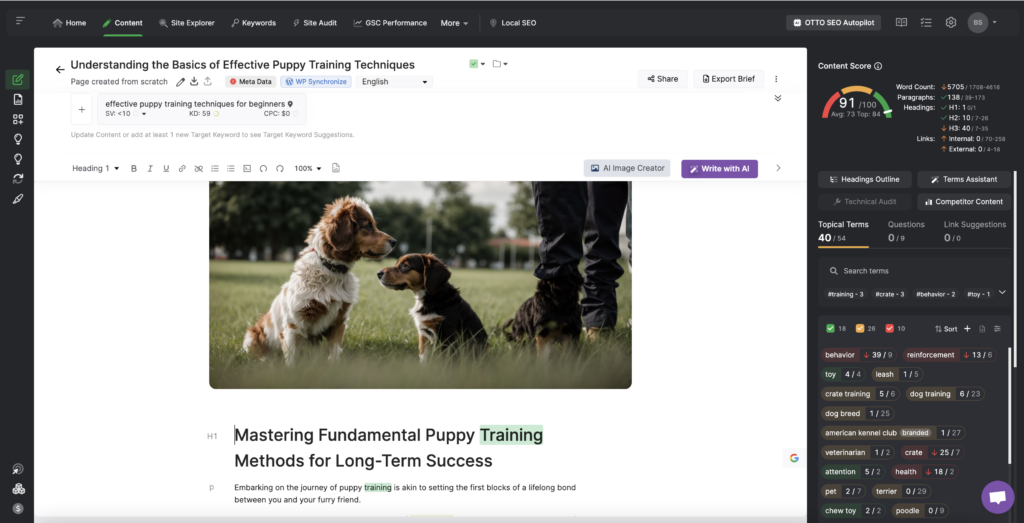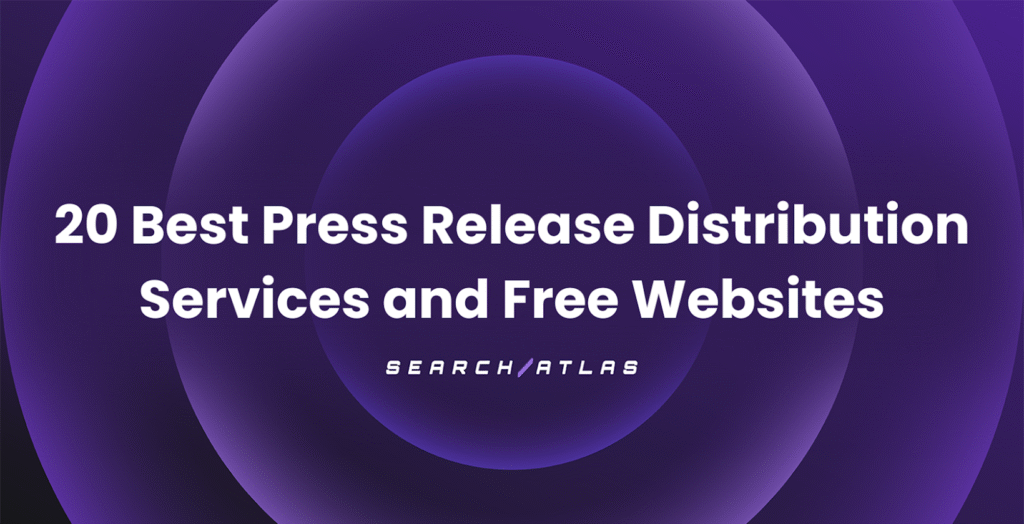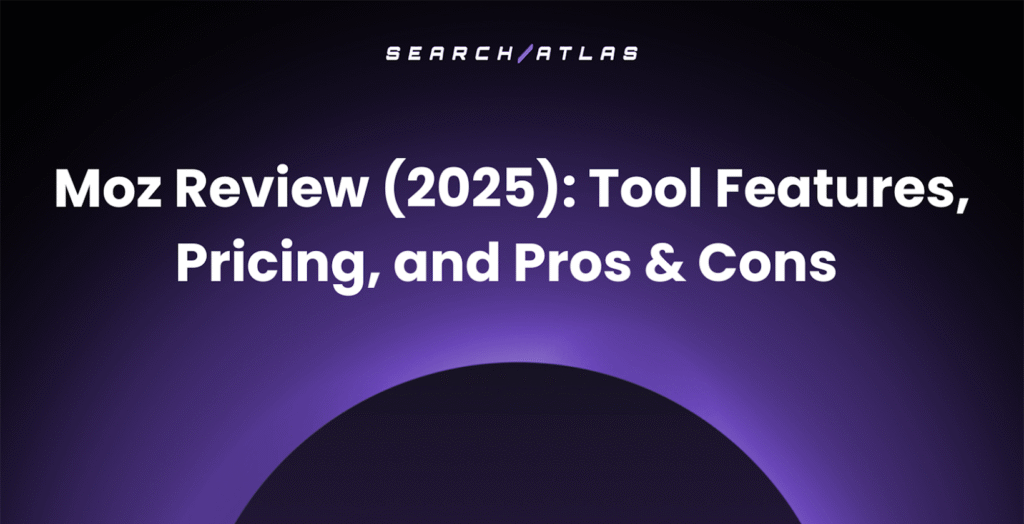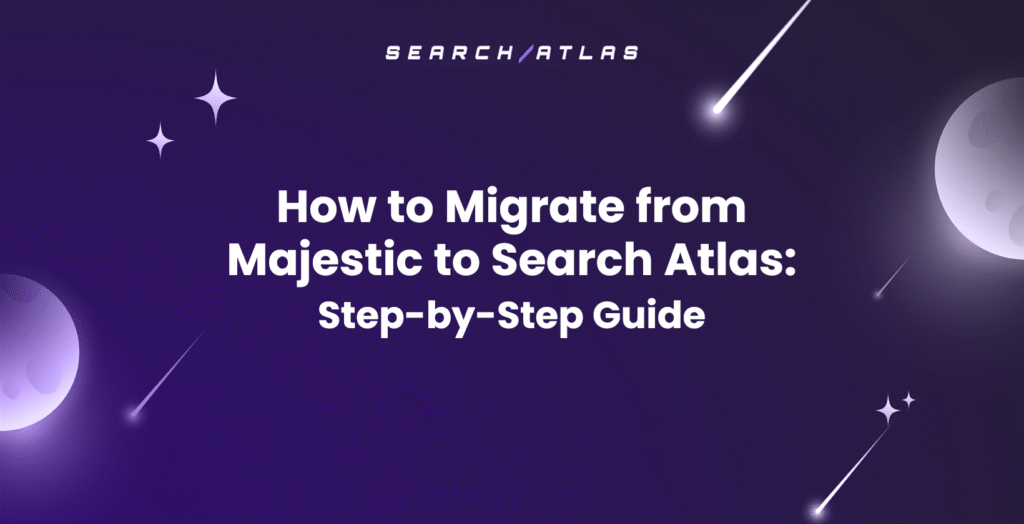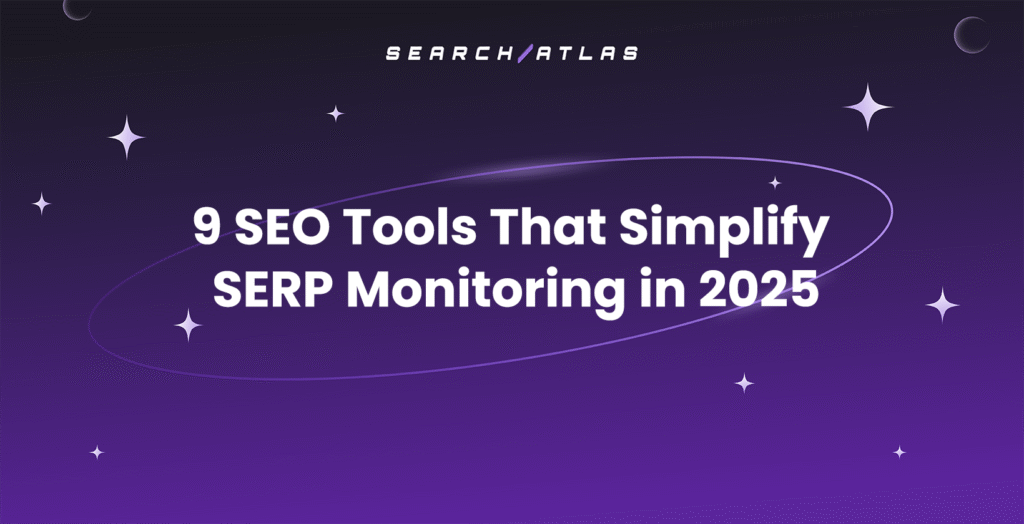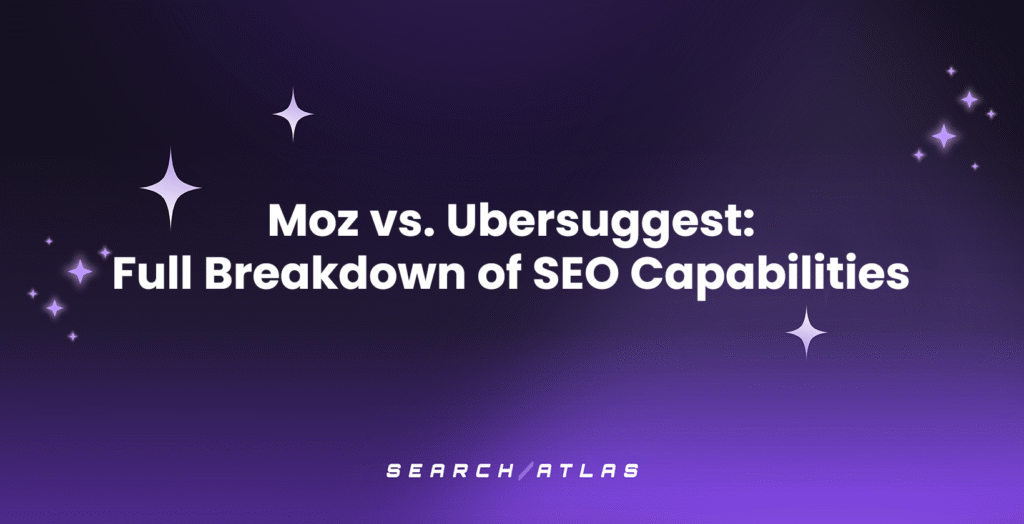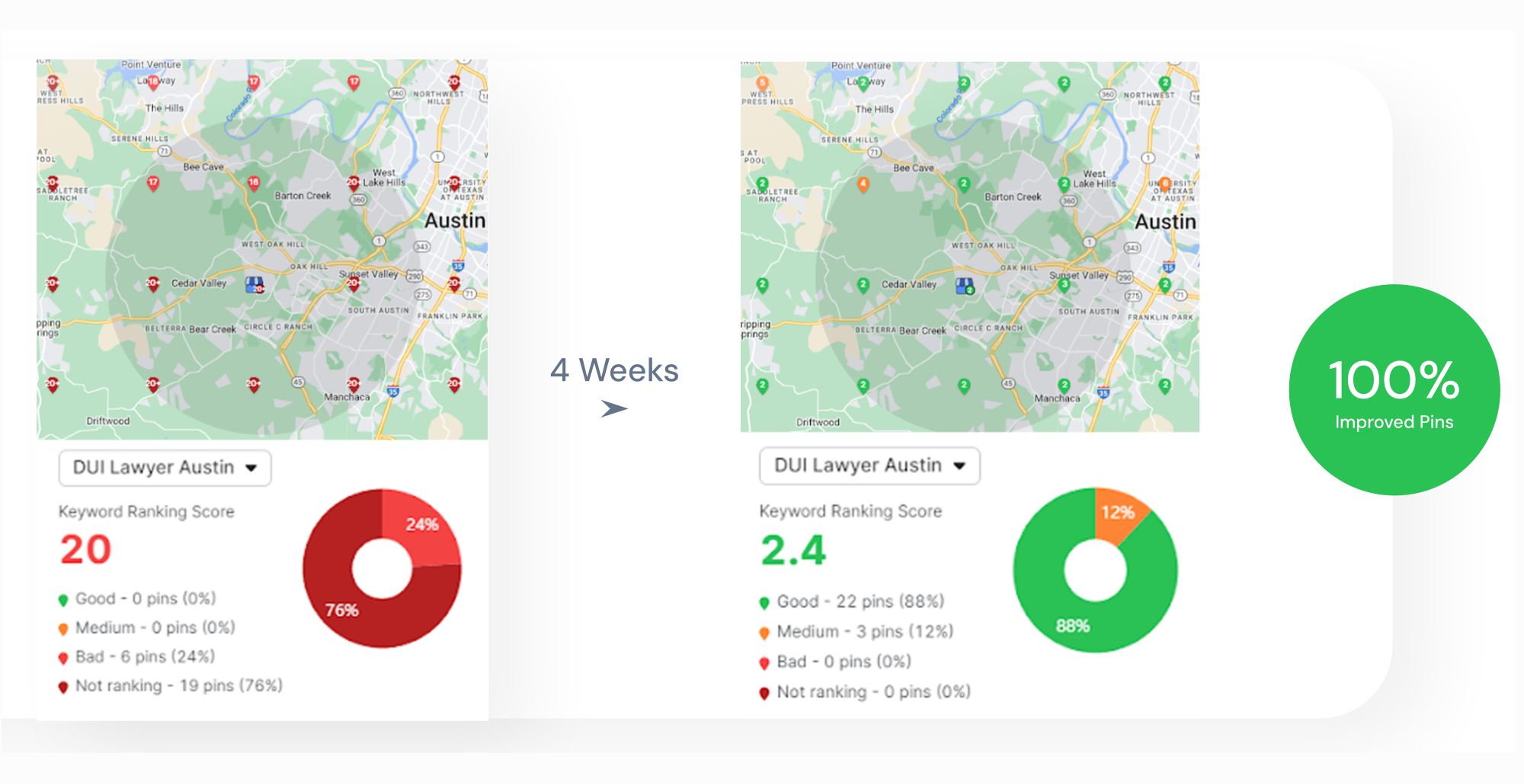In today’s digital age, the need for accurate and relevant information retrieval is more crucial than ever. Traditional keyword-based search methods often fall short of understanding the true intent behind user queries, leading to irrelevant results and user frustration. Enter semantic search, a revolutionary approach powered by artificial intelligence (AI) that aims to understand the meaning and context behind search queries to deliver highly relevant results. This article explores how AI SEO enhances semantic search, its various applications, benefits, and future trends.
Understanding Semantic Search
Definition and Key Concepts:
Semantic search is an advanced search technique that goes beyond matching keywords to understanding the intent and contextual meaning behind a query. It leverages natural language processing (NLP) and machine learning (ML) to interpret the relationships between words and phrases, allowing it to deliver more accurate and contextually relevant search results.
How Semantic Search Differs from Keyword Search:
Traditional keyword search relies on exact matches of words or phrases in the query, which often leads to irrelevant results if the keywords are not precisely aligned. In contrast, semantic search interprets the user’s intent and context, providing results that match the overall meaning rather than just the exact words.
The Role of AI in Semantic Search

AI Technologies Powering Semantic Search:
AI technologies such as BERT (Bidirectional Encoder Representations from Transformers) and GPT (Generative Pre-trained Transformer) play a critical role in semantic search. These models are capable of understanding the context and nuances of language, enabling them to process complex queries and generate relevant results.
Natural Language Processing (NLP) and Machine Learning Models:
NLP techniques allow semantic search engines to parse and understand natural language queries. Machine learning models are trained on vast datasets to recognize patterns and relationships between words, improving the accuracy and relevance of search results.
Applications of Semantic Search

Internal Knowledge Management:
In corporate settings, semantic search enhances knowledge management by making company information more accessible. It understands employees’ informational needs and retrieves relevant documents quickly, boosting productivity and ensuring accurate information dissemination.
E-commerce Personalization:
Semantic search significantly improves the online shopping experience by analyzing the intent and context behind customer queries. This enables e-commerce platforms to display the most relevant products, increasing customer satisfaction and conversion rates.
Research and Legal Fields:
Researchers and legal professionals benefit from semantic search’s ability to filter out irrelevant information and provide targeted results. This is particularly useful in complex cases involving multiple areas of law or extensive research topics.
Customer Service Automation:
Chatbots and automated customer service systems use semantic search to understand and respond to customer inquiries accurately. This improves customer satisfaction by providing precise answers and reducing response times.
News and Media Discovery:
Semantic search helps users discover relevant news articles and media content by understanding their interests and search history. It delivers personalized results that match the user’s preferences, enhancing the overall user experience.
Benefits of Semantic Search
Improved Search Relevance:
By understanding the intent and context of queries, semantic search provides more accurate and relevant results, improving the overall search experience for users.
Enhanced User Experience:
Semantic search offers a more intuitive and satisfying user experience by delivering results that are closely aligned with what users are truly seeking. This reduces the time and effort users spend sifting through irrelevant information.
Increased Operational Efficiency:
Organizations benefit from semantic search through increased efficiency in information retrieval and decision-making processes. This is particularly evident in fields like legal research and corporate knowledge management, where quick access to relevant information is crucial.
Future Trends in Semantic Search

Integration with Generative AI:
The future of semantic search will see deeper integration with generative AI technologies. This combination will enable search engines to not only retrieve information but also generate contextually appropriate responses and summaries, further enhancing the user experience.
Advances in Vector Search and Embedding Techniques:
Ongoing advancements in vector search and embedding techniques are set to improve the accuracy and efficiency of semantic search. These technologies allow for better representation and retrieval of information based on the context and relationships between data points.
Expanding Use Cases and Industry Adoption:
As semantic search technologies continue to evolve, their applications will expand across various industries. From healthcare to finance, more sectors will adopt semantic search to improve information retrieval and user experience.
How Search Atlas Relates to Semantic Search?

Search Atlas is a comprehensive SEO software platform that integrates advanced AI technologies to enhance search capabilities, including semantic search. It offers tools like the SEO Content Assistant, which uses AI to generate and optimize content, ensuring it aligns with user intent and context. This integration of semantic search principles helps improve the relevance and accuracy of search results, making Search Atlas a valuable tool for enhancing search strategies and user experience. By leveraging AI-powered semantic search, Search Atlas aids in delivering more intuitive and contextually appropriate search results, boosting SEO performance and user satisfaction.
Conclusion
Semantic search, powered by AI, represents a significant leap forward in information retrieval technology. By understanding the intent and context behind queries, it provides more accurate and relevant results, enhancing user satisfaction and operational efficiency. As AI technologies continue to advance, the capabilities and applications of semantic search will only grow, making it an indispensable tool for organizations and individuals alike. Businesses should consider adopting semantic search technologies to stay competitive and meet the evolving needs of their users.
FAQs on AI and Semantic Search
Semantic search is an advanced search technique that goes beyond keyword matching to understand the intent and context of a query. It uses AI technologies like NLP and machine learning to interpret relationships between words, providing more accurate and relevant results.
Unlike keyword search, which relies on exact word matches, semantic search interprets the meaning behind the words and the user’s intent, delivering results based on overall context and relevance.
AI powers semantic search through technologies such as BERT and GPT, which understand language context and nuances. These AI models help process complex queries and generate relevant results by recognizing patterns and relationships between words.
Semantic search is used in various fields, including:
Internal Knowledge Management: Enhances access to corporate information.
E-commerce Personalization: Improves product recommendations.
Research and Legal Fields: Filters and retrieves targeted information.
Customer Service Automation: Enhances chatbot accuracy.
News and Media Discovery: Personalizes content discovery based on user interests.
The benefits include:
Improved Search Relevance: Delivers more accurate results by understanding intent.
Enhanced User Experience: Provides intuitive and satisfying search experiences.
Increased Operational Efficiency: Facilitates quick access to relevant information and improves decision-making processes.
Future trends include:
Integration with Generative AI: Enhancing search engines to generate contextually appropriate responses.
Advances in Vector Search: Improving accuracy and efficiency through better representation of information.
Expanding Use Cases: Adoption across more industries such as healthcare and finance.
Search Atlas integrates AI technologies to enhance search capabilities, including semantic search. Its tools, like the SEO Content Assistant, help generate and optimize content aligned with user intent and context, improving search relevance and user satisfaction.
Businesses should adopt semantic search to stay competitive, meet evolving user needs, and enhance information retrieval accuracy and relevance, ultimately improving user satisfaction and operational efficiency.


